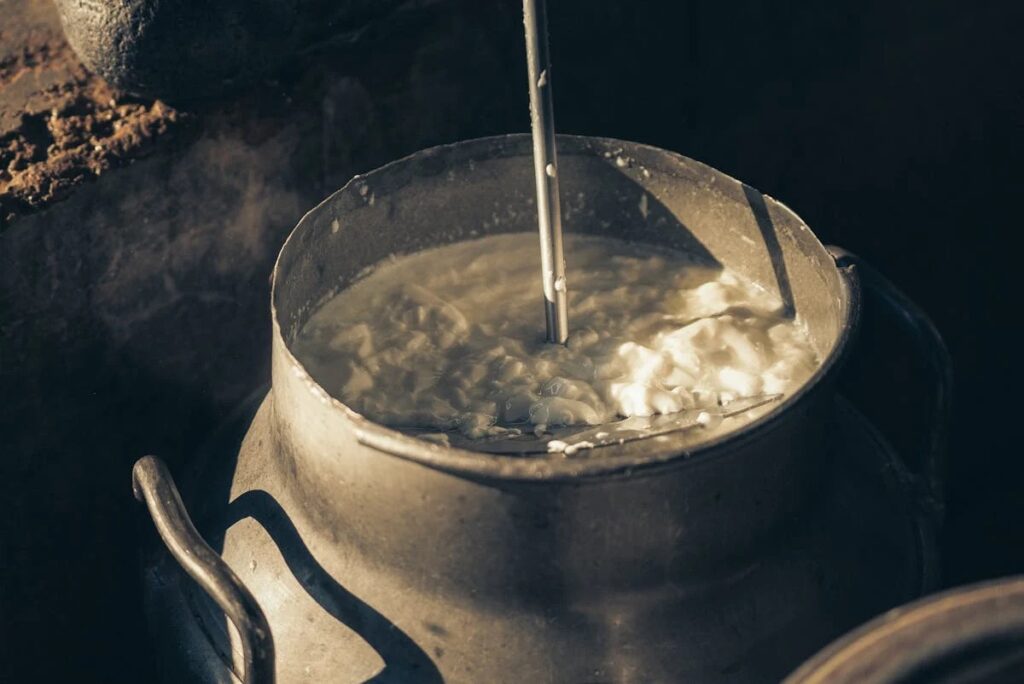
There was a time when a man knew the name of the cow that gave him his milk. He knew the row where his tomatoes grew. He knew the creek where the trout darted under the rocks and he knew how to cut wood before the frost came down too hard.
He knew these things not because he was trying to make a point, but because it was the way a man lived if he intended to stay alive.
Now, of course, you can live a long time without knowing much of anything. You can sit in an office under buzzing lights and eat frozen things from factories and drink coffee poured out of vats large enough to drown a small horse. You can live in a place where the tomatoes taste like the box they came in. You can live that way and no one will stop you. In fact, they will call you very successful.
But a man loses something that way. It is not dramatic, like a shipwreck or a gunshot. It is slower, like a rope fraying strand by strand. You hardly notice it happening until you wake up one morning and realize you have never met the man who bakes your bread. You have never walked the field where the lettuce grew. You have never smelled the clean, sour smell of a goat chewing hay in a cold barn.
And that is why shopping locally matters. Not for the slogans. Not because it is good for the economy, although it is. Not even because the strawberries are sweeter and the eggs are richer, although they are. It matters because it puts a man back in touch with the raw, stubborn work of life.
You may not milk the goat yourself. You may not stand ankle-deep in manure with a bucket between your knees. But when you drive down the muddy road and hand your crumpled bills to the farmer with the broad hands and the sun-creased face, you are taking part in the work all the same. You are leaning close to the fire of it, warming your hands on something real.
There are not so many real things left. You can walk all day through a city and touch a thousand things made by no one you can name; or no one at all. All the goods come in boxes now, anonymous and gleaming. All the “food” comes wrapped up so cleanly you hardly recognize it. It is possible, if you are not careful, to spend an entire life this way: clean, untouched, and entirely lost.
But when you buy your milk from the woman who pulled it warm from the goat that morning, when you buy your carrots still dusted with the black good earth they grew in, you are buying more than food. You are buying a little share in the stubbornness of living. You are buying a little share in a way of life that says: we still know how to do things with our hands. We still know how to wait and work and hope.
It is a secondhand experience, perhaps, but it is no less valuable for that. After all, not everyone can have a farm. Not everyone can swing an axe or kneel in the damp cold spring and plant seed. But anyone can drive a few miles, walk into a stand or a barn, and put their money down on the counter with a nod and a thank you.
It is not much. It is not everything. But it is something. And in a world where so much feels hollow and hasty, something real is worth a great deal.
So buy the milk. Buy the tomatoes. Buy the bread with the flour still dusting the crust. Shake the hand that fed you. Smile at the goat if you see her. She has earned it.
Join us in making the world a better place – you’ll be glad that you did. Cheers friends.